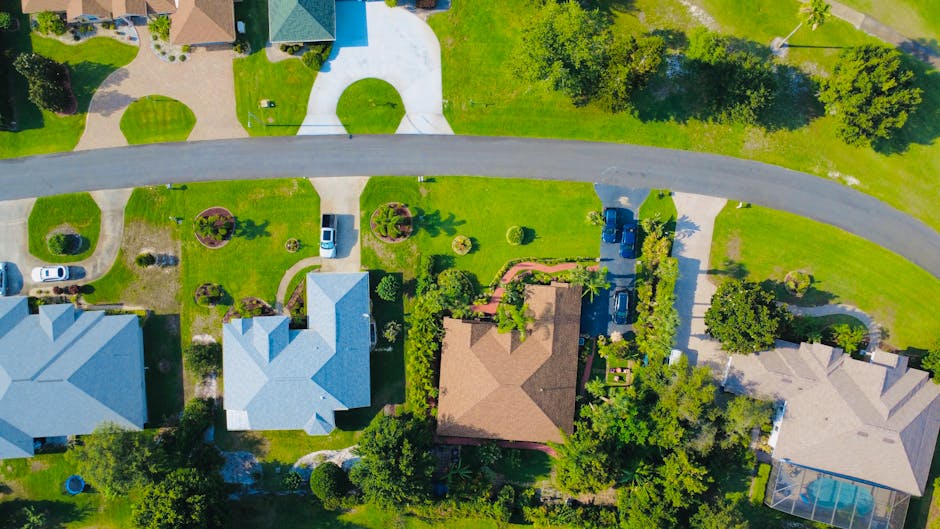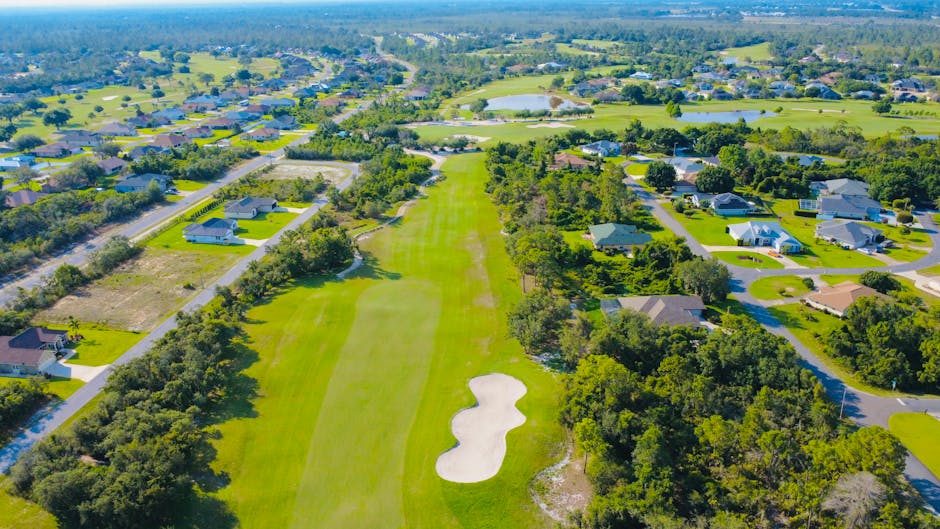Unclaimed Property Florida: A Comprehensive Guide to Finding Your Lost Money
Have you ever wondered if you have unclaimed money or property waiting to be reunited with you? In Florida, millions of dollars in unclaimed property sits unclaimed each year. This could be anything from forgotten bank accounts and insurance policies to uncashed checks and forgotten dividends. This comprehensive guide will walk you through the process of finding and claiming your unclaimed property in the Sunshine State.

What is Unclaimed Property in Florida?
Unclaimed property in Florida refers to assets that have remained untouched for a specific period, typically three years. This inactivity triggers the transfer of these assets to the Florida Department of Financial Services (DFS). This isn’t a seizure; it’s a safekeeping measure to protect your money or property. The state acts as a custodian, holding these assets until the rightful owners come forward to claim them.
Types of Unclaimed Property:
- Bank accounts (checking, savings)
- Uncashed checks and money orders
- Stocks and dividends
- Insurance policy benefits
- Payroll checks
- Safe deposit box contents
- Utility refunds
- IRS tax refunds
- Tangible personal property (less common)
How to Search for Unclaimed Property in Florida
The first step to reclaiming your lost assets is to conduct a thorough search using the official Florida Department of Financial Services’ unclaimed property database. This is a free and easy process. Simply visit the website and follow these steps:
- Visit the Florida Department of Financial Services Website: Navigate to the official website dedicated to unclaimed property. Ensure you are on the official government site to avoid scams.
- Enter Your Information: You’ll be prompted to enter your first name, last name, and potentially other identifying information such as your previous addresses. Be thorough, as slight variations in spelling can impact your search results.
- Review Your Results: The database will provide a list of any potential matches. Carefully review the information provided, paying attention to the amount, the type of property, and the last known address associated with the asset.
- Prepare Your Claim: If you find a match, gather the necessary documentation to support your claim. This might include identification, proof of address, and any other documentation specified in the claim instructions.
Tips for a Successful Search:
- Use variations of your name: Try different spellings, including maiden names or nicknames.
- Include all previous addresses: Your unclaimed property may be listed under a previous address.
- Search for family members: Unclaimed property may be listed under the names of deceased relatives.
- Be patient: Processing claims can take time.
The Claim Process:
Once you’ve identified your unclaimed property, you’ll need to file a claim. The DFS website provides detailed instructions and forms. Be prepared to provide documentation such as:
- Photo identification: A driver’s license or passport.
- Social Security number:
- Proof of address: Utility bill or bank statement.
- Supporting documentation: This may vary depending on the type of unclaimed property, but could include bank statements, insurance policies, or other relevant paperwork.
Avoiding Scams:
Be wary of individuals or companies claiming they can help you recover your unclaimed property for a fee. The Florida Department of Financial Services provides this service for free. Any legitimate communication will come directly from the DFS.
Time Limits for Claiming Unclaimed Property:
While there is no specific time limit for claiming unclaimed property, it’s advisable to act quickly once you locate it. While the state holds onto the property indefinitely, it’s good practice to claim it as soon as possible.
Understanding the Process for Different Types of Property:
The claiming process may vary slightly depending on the type of unclaimed property. For example, claiming a forgotten bank account may require different documentation than claiming uncashed checks. The DFS website provides detailed instructions for each type of property.
What Happens If I Don’t Claim My Unclaimed Property?
Your unclaimed property will remain in the custody of the Florida Department of Financial Services indefinitely. While you are not penalized for not claiming it immediately, it’s important to remember that you are entitled to this property and it is waiting to be returned to you. The money remains yours and will be available for you to claim at any point in the future.

Contacting the Florida Department of Financial Services:
If you have any questions or require assistance with the unclaimed property process, you can contact the Florida Department of Financial Services directly through their website or by phone. Their contact information is readily available on their official website.

Conclusion:
Unclaimed property in Florida represents a significant amount of money and assets that could rightfully belong to you. By taking the initiative to search the DFS database and following the claim process, you can potentially recover your lost funds. This guide provides a comprehensive overview, but it’s crucial to always refer to the official DFS website for the most up-to-date information and instructions.

